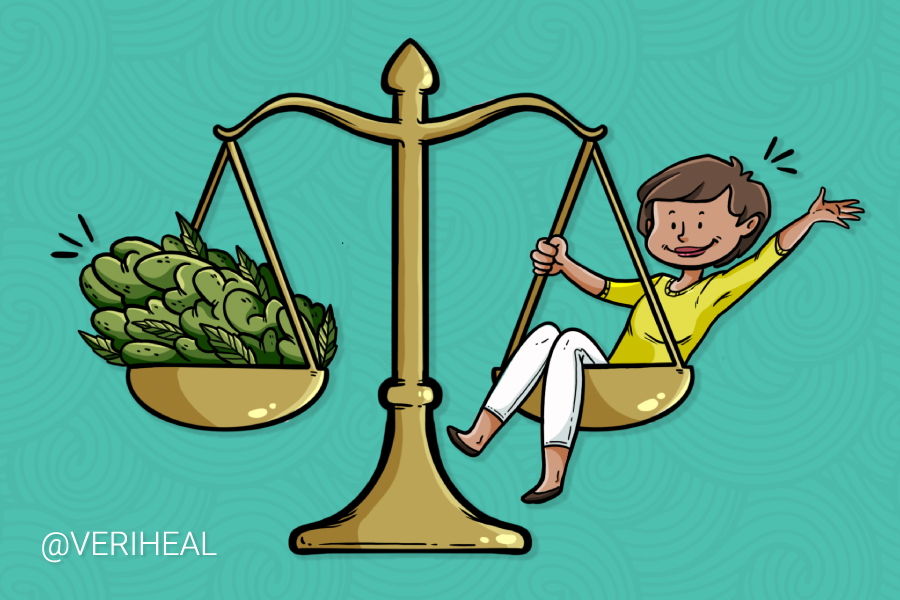Homeostasis is one of those words that can be a little confusing. Many of us know that it has something to do with the body, but what exactly it is is a mystery to most. Homeostasis applies to all living things. When cells operate at their optimum level of performance, everything works better. An example where homeostasis is not maintained would be a spike in one’s blood pressure. The average range for good blood pressure is 90 to120 systolic over 60 to 80 diastolic. However, homeostasis works to counter this short-term spike in blood pressure and bring it back to normal.
When this level is not maintained, homeostasis begins to break down. As a consequence of this action, a person can start to feel agitated, experience headaches, nausea, lack of energy, and/or many other symptoms. When a balance of all physiological and hormonal systems are properly coordinated, a balance occurs, producing a steady state that is often referred to as homeostasis.
An Important System That Plays a Vital Role
Every living mammal on the planet has a mammalian endocannabinoid system. This part of our body works with nerves and cells to improve communication and help maintain an overall healthy state of homeostasis. Vital cannabinoids found in cannabis such as THC, CBD, CBN, CBG, and others work with receptors throughout the endocannabinoid system and beyond.
These receptors, known as CB1 and CB2 receptors, help detect and distribute cannabinoids throughout the body. These cannabinoids help reduce inflammation as well as increase communication between nerves and cells. This increased communication and reduced inflammation help to produce a more steady-state or a healthier state of homeostasis.
Science Supports the Need for a Steady State of Homeostasis
As science regarding cannabinoid therapies and the beneficial attributes of cannabinoids continue to grow, our understanding of the vital role cannabinoids play in maintaining and achieving homeostasis becomes clearer. Advanced cannabinoid therapy-based medical studies conducted on mice suggest that cannabinoids could play a critical role in helping to control and, at times, possibly even treat the symptoms of a multitude of different and possibly unexplained medical conditions.
We know that the ECS is a “master regulator” of many body processes and functions, working at a local level between cells in virtually every organ system. The ECS uniquely allows for “retrograde” transmission, meaning cells like neurons can give feedback to each other.
Achieving and maintaining a healthy state of homeostasis is extremely important for everyone and their overall health, both physically and mentally. When homeostasis begins to be disrupted, the body will pull on other specific tissues and organs to help return balance and regulate the state of homeostasis to a healthy one.
Working Together to Create a Better, Healthier Future
As within any living community such as a forest, homeostasis is achieved when all living life-forms live together harmoniously, producing a healthy environment. Many times homeostasis is disrupted naturally by humankind. An ecological system can be destroyed just as quickly as homeostasis within our own bodies. Cannabis could play a vital role in helping not only humans but the planet we live on to become healthier and maintain a steady-state of homeostasis.
In return, through our bodies working at their optimal levels, we could see a worldwide decline in the various “common” ailments that people suffer from today such as diabetes, arthritis, dementia, anxiety, depression, chronic pain, gastrointestinal disorders, and many others.
Has cannabis helped bring balance to your body? Let us know about your experiences in the comments below!
Author, Share & Comments















